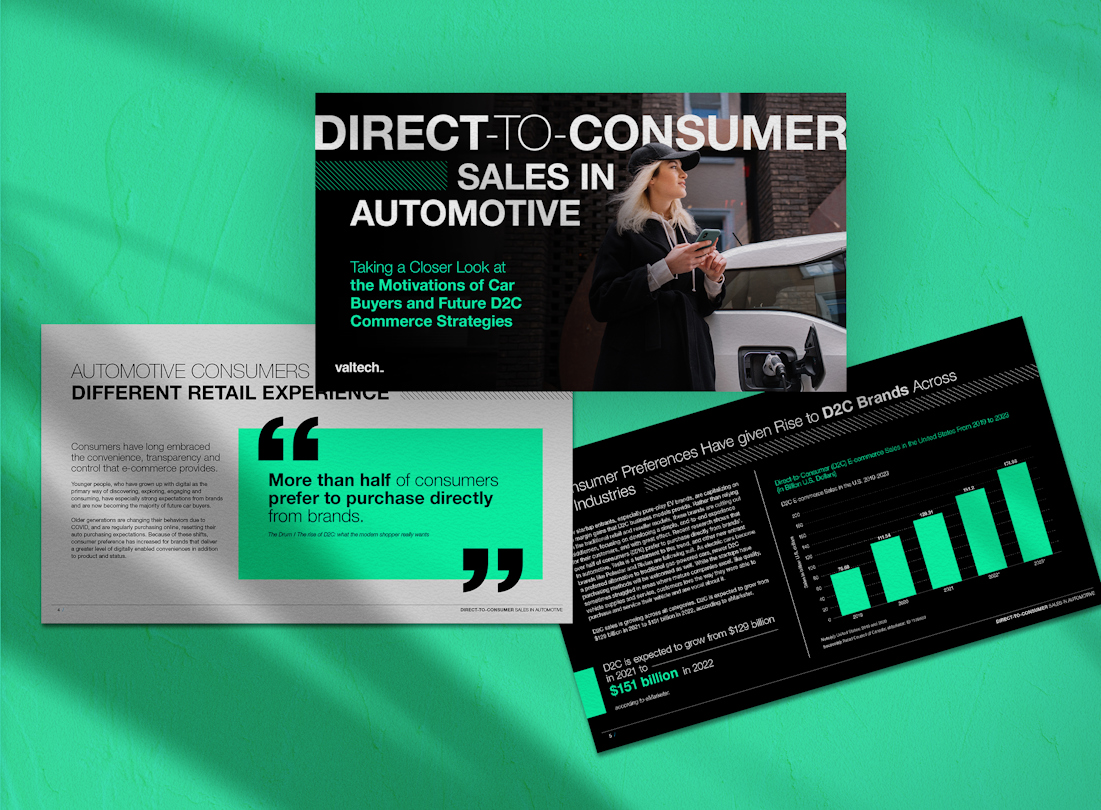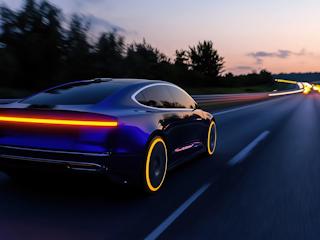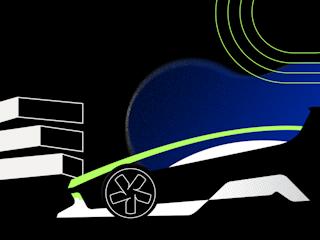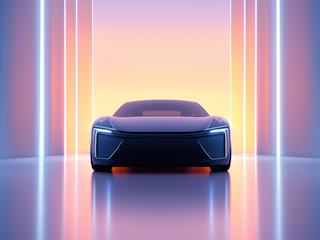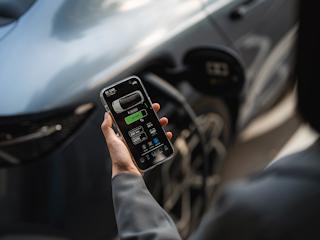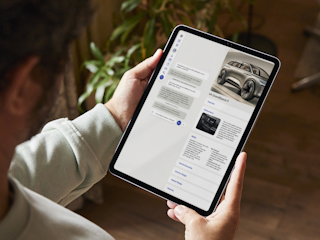The future of automotive brands is D2C
One of the key ways many new car brands are disrupting the industry is through their use of D2C as a core business model. This approach allows them to bypass traditional dealerships and sell their vehicles directly to consumers through their digital properties and limit the number of boutique showrooms. Some brands even use the showrooms just for presenting the products and providing a brand experience but push buyers to their websites for purchase. This approach can lead to lower prices for consumers, as well as a more streamlined and convenient buying experience. At the same time, it can also bring higher profit margins for the brands and more room and nimbleness to react to market pressure. Tesla’s recent price drops are a great example of this.
 As customer experience becomes more critical to brand perception and loyalty, D2C models also provide OEMs better control over the customer journey. Enabling personalization on critical steps and avoiding the disruptions and issues that customer hand-offs between the various parties often bring in the traditional model. For customers, it can also remove many of the anxieties around pricing transparency and deal-making.
As customer experience becomes more critical to brand perception and loyalty, D2C models also provide OEMs better control over the customer journey. Enabling personalization on critical steps and avoiding the disruptions and issues that customer hand-offs between the various parties often bring in the traditional model. For customers, it can also remove many of the anxieties around pricing transparency and deal-making.
Subscription models and a new automotive customer journey
In addition to their D2C approach, several new car brands are also challenging traditional car ownership models. For example, Lynk & Co offers an all-inclusive subscription option for their customers. Here, rather than having to worry about all the various financial elements of purchasing or leasing a car, like down payments, registration fees, sales taxes, insurance, and more, customers simply pay a monthly fixed fee that covers all these costs and only binds them for a month at a time. Providing this model next to the option of purchasing the car, Lynk & Co has seen ~90% of their customers in Europe opt for the subscription model and experienced rapid growth in each market they entered. In addition to the subscription option, they further allow customers to participate in a "Share" program that allows them to rent out their cars when they're not using them. This not only allows customers to offset the cost of their vehicle, but it also promotes car-sharing and brings the potential to reduce the number of cars on the road, helping to bring down carbon emissions. Similarly, Nio’s subscription-based model allows customers to subscribe on a monthly all-in basis too but further provides the option to opt in for longer term subscriptions to reduce the monthly cost. They also provide the flexibility to switch models, rather than being locked into a long-term commitment to one specific car.
Competing with established car companies
While the new car brands are certainly shaking up the industry and leveraging their ability to build the new models unhindered from legacy structures, they still face significant competition from established brands. These brands have established reputations and loyal customer bases, as well as significant financial resources to draw from. We have seen similar programs emerge from established players like Care by Volvo or Porsche Drive, but depending on the market conditions, the success of these programs have been mixed. Unlike new entrants, established brands often face restrictions based on legacy agreements and regulations.
 However, many recognize the trend as something that will persist and are starting to modify their approaches market by market as well as on broader scales to make the new model work and set themselves up to stay competitive in the future. Most recently, Hyundai returned to offering a subscription option under their Evolve+ program. Like Hyundai, several large brands have also decided to leverage their shift to EVs as an opportunity to create separate divisions of these models to take an aggressive stance with their network on how these models will be brought to market. Nevertheless, there is no denying that the new car brands have the advantage of being able to enter the market with a fresh perspective and innovative approaches, which can help them carve out a sizable niche and gain a foothold in the industry.
However, many recognize the trend as something that will persist and are starting to modify their approaches market by market as well as on broader scales to make the new model work and set themselves up to stay competitive in the future. Most recently, Hyundai returned to offering a subscription option under their Evolve+ program. Like Hyundai, several large brands have also decided to leverage their shift to EVs as an opportunity to create separate divisions of these models to take an aggressive stance with their network on how these models will be brought to market. Nevertheless, there is no denying that the new car brands have the advantage of being able to enter the market with a fresh perspective and innovative approaches, which can help them carve out a sizable niche and gain a foothold in the industry.
Impact on traditional automotive brands and dealerships
The rise of new car brands and D2C models, together with the impacts of the EV car’s reduced need for regular maintenance, is also having an impact on traditional dealerships. On one end, new car brands are bypassing these dealerships all together, while on the other hand current OEM brands are pressuring the new car brands to work differently with the dealerships. This also includes the expectations to invest in their dealership locations to match the needs of the EV buyers and to deliver experiences more on par with what the new brands are delivering. It also brings an increased demand from OEMs to restructure their relationship with the dealer network from a franchise model to an agency model. While this change is seeing resistance, it does provide a real opportunity for both parties to effectively address the changes in the market space and gain back momentum based on the existing strength of established infrastructure and awareness. It also provides an opportunity to re-evaluate the need for, or the usage purpose of, costly expenses such as floorspace.
In short: D2C ensures automotive success
New car brands such as Lynk & Co, Nio, and VinFast are shaking up the automobile industry through their use of D2C business models and by challenging traditional car ownership models, delivering new brand experiences, and embracing electric technology. While they face competition from established players, they are also helping to drive innovation and change in the industry. Some established brands have already actively taken measures to shift their business accordingly and as such are contributing to the disruption too. The long-term impact of these new entrants on the industry is yet to be seen, but they have certainly started to disrupt the status quo and are making an impact on the way cars are sold and owned and on what consumers expect from car brands.




